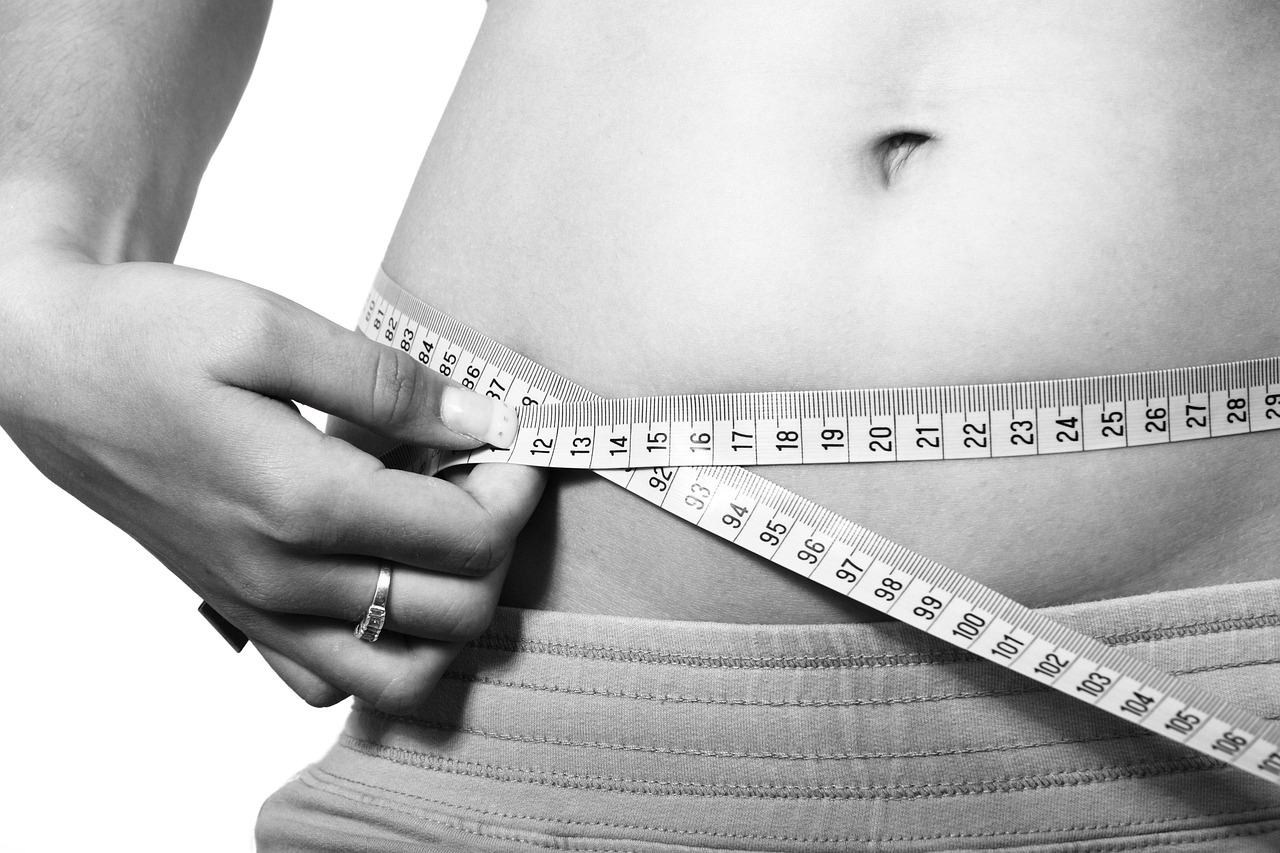Why Does AGE Slow Down METABOLISM?
Aging brings a series of natural changes in the body, and metabolism is no exception. In the following, we will talk about how age affects the metabolism and what we can do to maintain it in the best form and function.
What is metabolism?
Metabolism is a term that describes all the biochemical processes and reactions that take place in the body. They are many and some of them are extremely complex. But most often in the context of weight loss, metabolism is used as a term for the way our body produces and uses energy.
Even if we don’t have any physical activities during the day, our body needs energy to perform basic life functions. The energy needed for them belongs to the so-called basal metabolism and it is different for each individual.
Several factors influence it, such as muscle mass, age, gender, body size, hormones, external factors, etc. Genetics also play a large role in the way our body converts and uses energy from food.
How does age affect metabolism?
Aging significantly affects metabolism due to changes in muscle mass, changes in hormone levels, and changes in cellular function. As we age, the body goes through natural processes and changes, including the reduction and decline of muscle mass, a phenomenon known as sarcopenia.
This will inevitably lower your basal metabolic rate (BMR) – the energy required for basic bodily functions. This would mean that with age, caloric needs gradually decrease and at rest, older adults consume fewer calories.

In addition, hormonal changes, such as reduced levels of growth hormone, estrogen, and testosterone, contribute to slower metabolic processes and an increased tendency for fat accumulation, i.e. weight gain.
Mitochondrial efficiency also declines with age, impairing the body’s ability to convert food into energy efficiently.
To mitigate and minimize these effects, maintaining regular physical activity, especially resistance exercises that increase muscle mass, are considered key preventive steps to maintain BMR and metabolism itself.
A protein-rich diet also supports muscle mass, while incorporating antioxidant-rich foods such as fruits, vegetables, legumes, and olive oil neutralizes oxidative stress, which accelerates cellular aging.
Prioritizing quality sleep and managing stress are also essential factors, as poor sleep quality and chronic stress disrupt hormone regulation, which further worsens metabolic health.
Such lifestyle modifications help reduce aging effects, allowing for long-term overall health and a healthy metabolism.














Post Comment